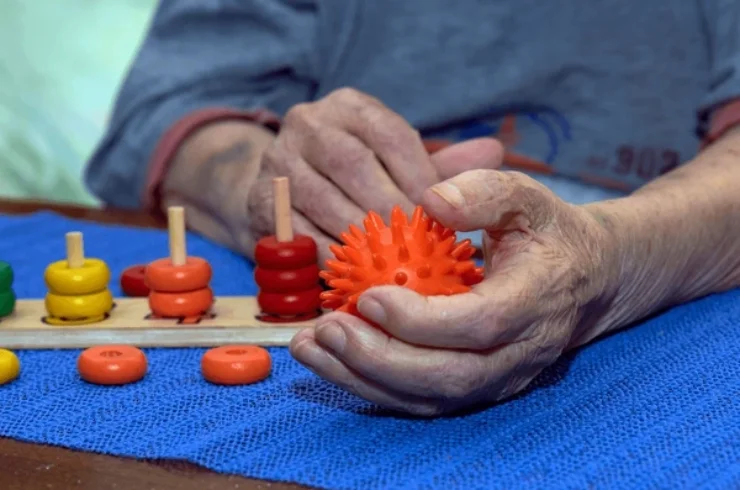
Aphasia is a language disorder caused by brain damage, often due to stroke, head injury, or neurological conditions. It affects a person’s ability to speak, understand language, read, and write. Aphasia can range from mild difficulty in word-finding to complete loss of communication abilities. There are different types, including Broca’s aphasia (difficulty forming sentences) and Wernicke’s aphasia (trouble understanding speech). Speech therapy helps improve language skills by using structured exercises, visual aids, and alternative communication methods. Early intervention and consistent therapy can significantly enhance communication abilities and overall quality of life.
Cognitive-Communication Disorders occur when brain injury or neurological conditions, such as dementia or traumatic brain injury (TBI), impair thinking and communication abilities. Individuals may struggle with memory, attention, problem-solving, and organizing thoughts in conversation. These difficulties affect daily interactions, work, and social life. Therapy focuses on strengthening cognitive skills, improving speech clarity, and enhancing problem-solving strategies. Personalized treatment plans help individuals regain communication independence and improve their ability to engage in meaningful conversations. Early diagnosis and therapy can significantly enhance cognitive and language recovery.

